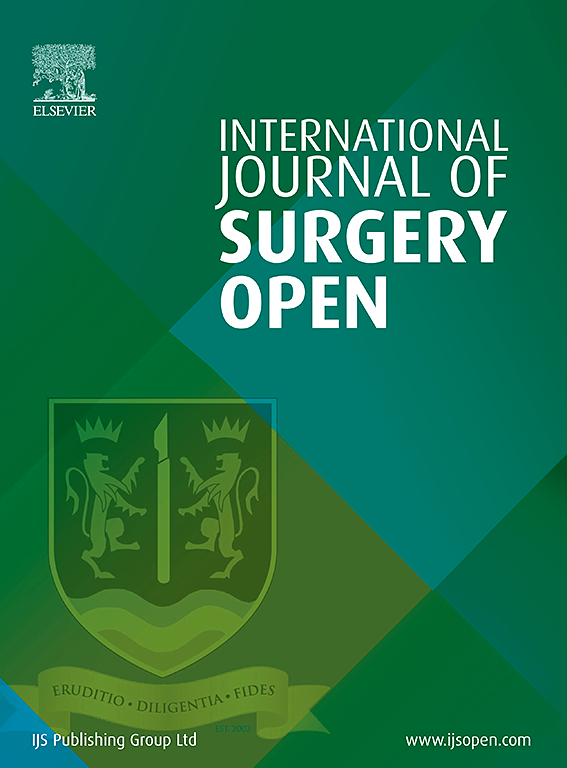The effects of chatGPT on patient education of knee osteoarthritis: a preliminary study of 60 cases.
IF 10.1
2区 医学
Q1 SURGERY
引用次数: 0
ChatGPT在膝关节骨性关节炎患者教育中的作用:附60例初步研究。
背景:OpenAI支持的ChatGPT是一个大型语言模型,为患者教育提供了一种潜在的方法。膝关节骨性关节炎(KOA)患者是否能从ChatGTP的患者教育中获益还没有得到充分的研究。方法:我们从2024年1月1日至2024年9月1日招募了60名首次临床诊断为KOA的患者。如果参与者有创伤后骨关节炎和膝关节手术史,则被排除在分析之外。参与者接受了医师教育(n = 18), ChatGPT免费教育(n = 21),或ChatGPT监督教育(n = 21), ChatGPT有预先定义的大纲(5个问题作为参考)。主要结果是通过视觉模拟量表(VAS, 0-100 mm)测量医生评定的患者对KOA的知识水平。我们还通过VAS评分对ChatGPT的所有答案进行评估。结果:与预先设定大纲的患者相比,接受ChatGPT免费教育的患者提出了更多的问题(17.0±9.3 vs 10.3±7.6)。结论:与医生进行的患者教育相比,使用ChatGPT进行预先结构化问题的患者教育可以实现更好的患者KOA教育。现阶段的免费患者教育应该谨慎,考虑到相对较低的知识水平和可能较低的答案质量。
本文章由计算机程序翻译,如有差异,请以英文原文为准。
求助全文
约1分钟内获得全文
求助全文
来源期刊

International journal of surgery
SURGERY-
CiteScore
17.70
自引率
3.30%
发文量
0
审稿时长
6-12 weeks
期刊介绍:
The International Journal of Surgery (IJS) has a broad scope, encompassing all surgical specialties. Its primary objective is to facilitate the exchange of crucial ideas and lines of thought between and across these specialties.By doing so, the journal aims to counter the growing trend of increasing sub-specialization, which can result in "tunnel-vision" and the isolation of significant surgical advancements within specific specialties.
 求助内容:
求助内容: 应助结果提醒方式:
应助结果提醒方式:


